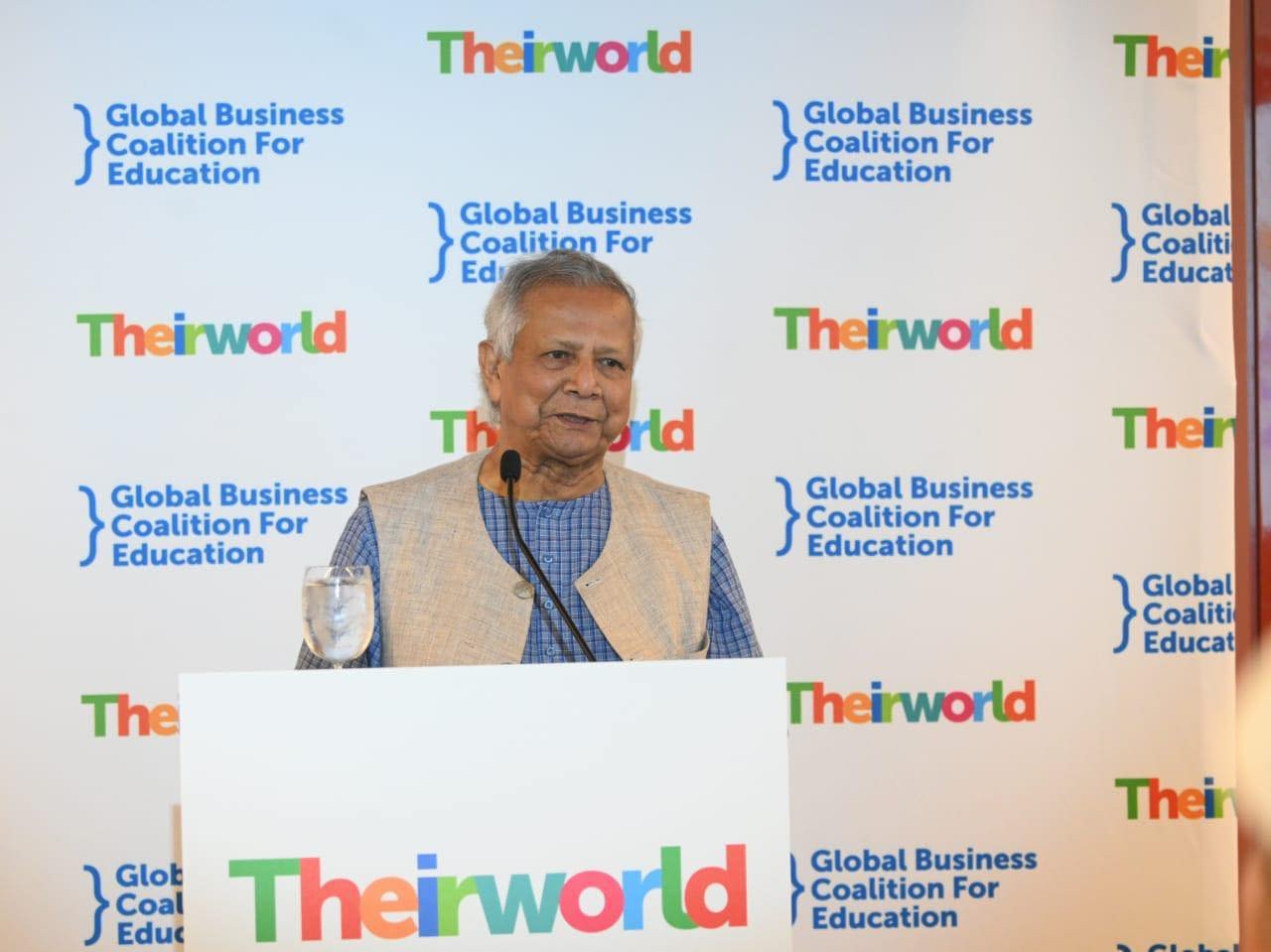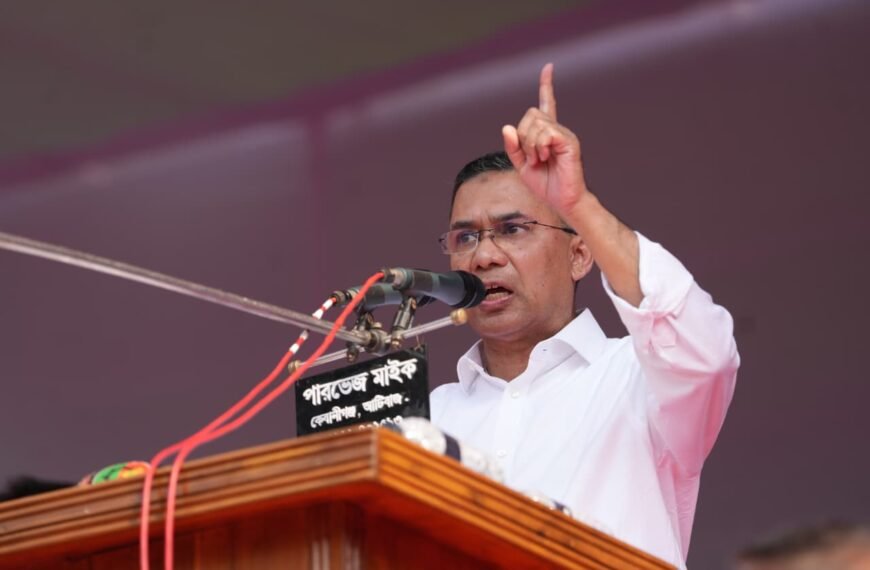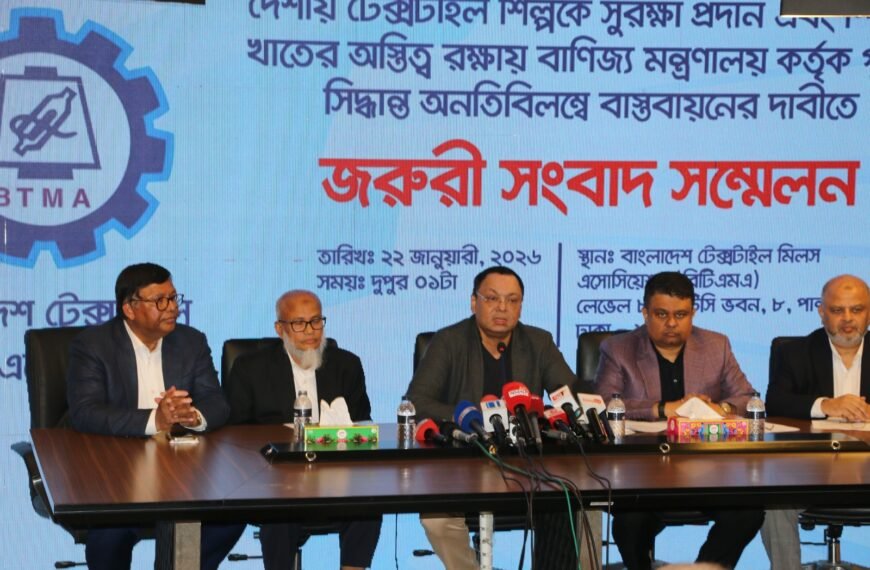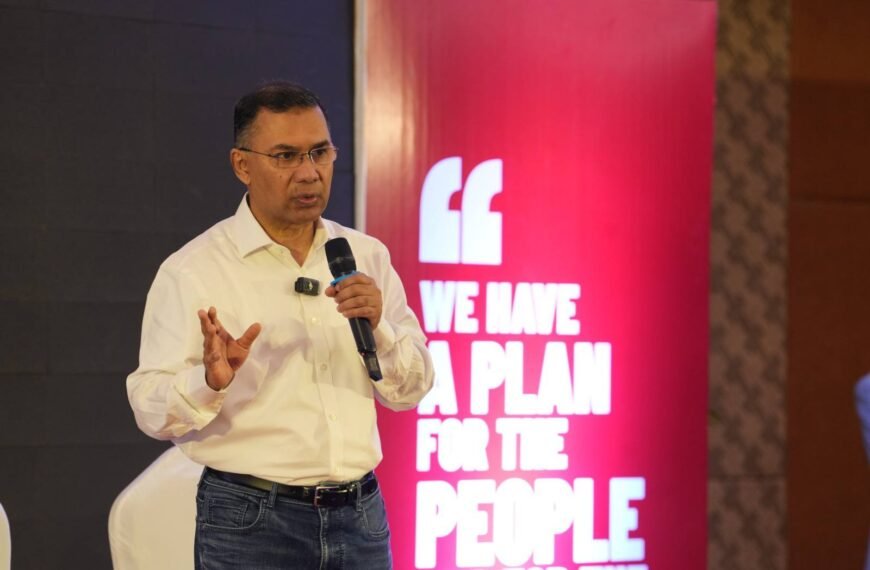Professor Muhammad Yunus, Chief Adviser to the Interim Government of Bangladesh, made the call at the UN High-Level Side Event on ‘Social Business, Youth and Technology’ held at the UN Headquarters on Monday (September 22, 2025).
He said that today’s world is beset by multifaceted crises such as climate change, rising inequality and conflict. These crises are interrelated and threaten global peace, stability and development. He stressed that it is not possible to address new crises with old solutions; what is needed is renewed multilateral diplomacy, international cooperation and a collective commitment to sustainable development.
In the context of Bangladesh, he noted that in addition to preparing for its graduation from LDC, the country is facing major challenges such as climate change, global economic instability and hosting 1.3 million Rohingya refugees. He called for development cooperation to be increased rather than reduced.
Professor Yunus said that the current global economic system has prioritized profit over people, making it increasingly difficult to achieve the Sustainable Development Goals (SDGs). He called for a shift from a profit-oriented economy to an economy focused on social welfare.
He said that “social business” is no longer a mere concept—it has become a global movement. In healthcare, renewable energy, education and even sports, social business has proven that it is possible to solve social problems while being financially sustainable.
In his keynote speech, he mentioned the youth as the main driving force behind this change. He said that the creativity and innovation of the new generation will determine the future. If technologies such as artificial intelligence (AI), big data, blockchain and IoT are used in conjunction with social business principles, it is possible to bring about revolutionary changes in digital healthcare, education, renewable energy and transparent relief distribution.
He also stressed the need for ethical innovation to address technology risks such as privacy breaches, algorithmic bias or cybersecurity threats.
He also mentioned his ‘Three Zeros’ vision – zero net carbon emissions, zero wealth concentration and zero unemployment – as well as the Zero Waste initiative. He called on young people to form a ‘3-Zero Club’, so that they can live eco-friendly lives, become social entrepreneurs and work towards reducing inequality.
Professor Yunus said, “Harnessing the power of social business, youth and technology together is possible to tackle complex global crises. Only through unity and cooperation can we build a new world that is just, sustainable and full of hope.”




